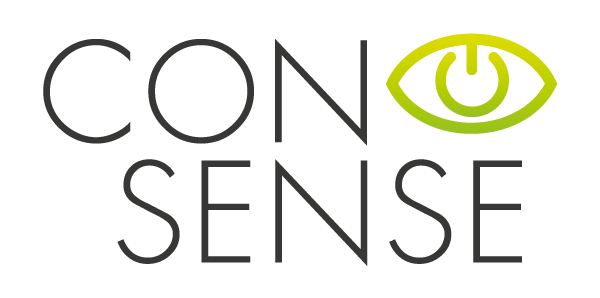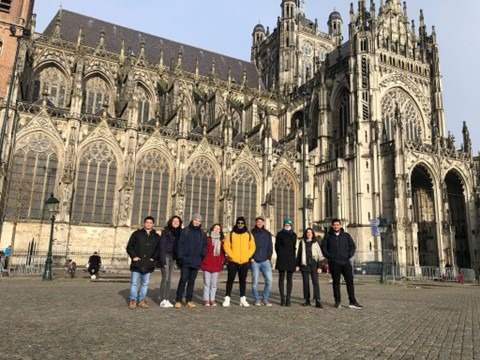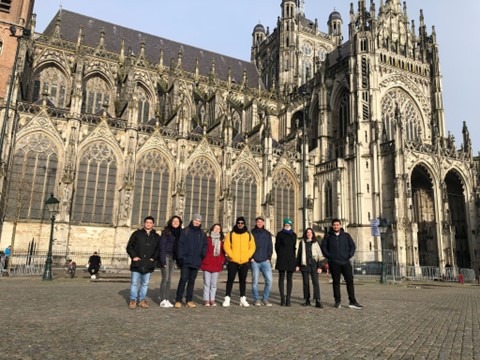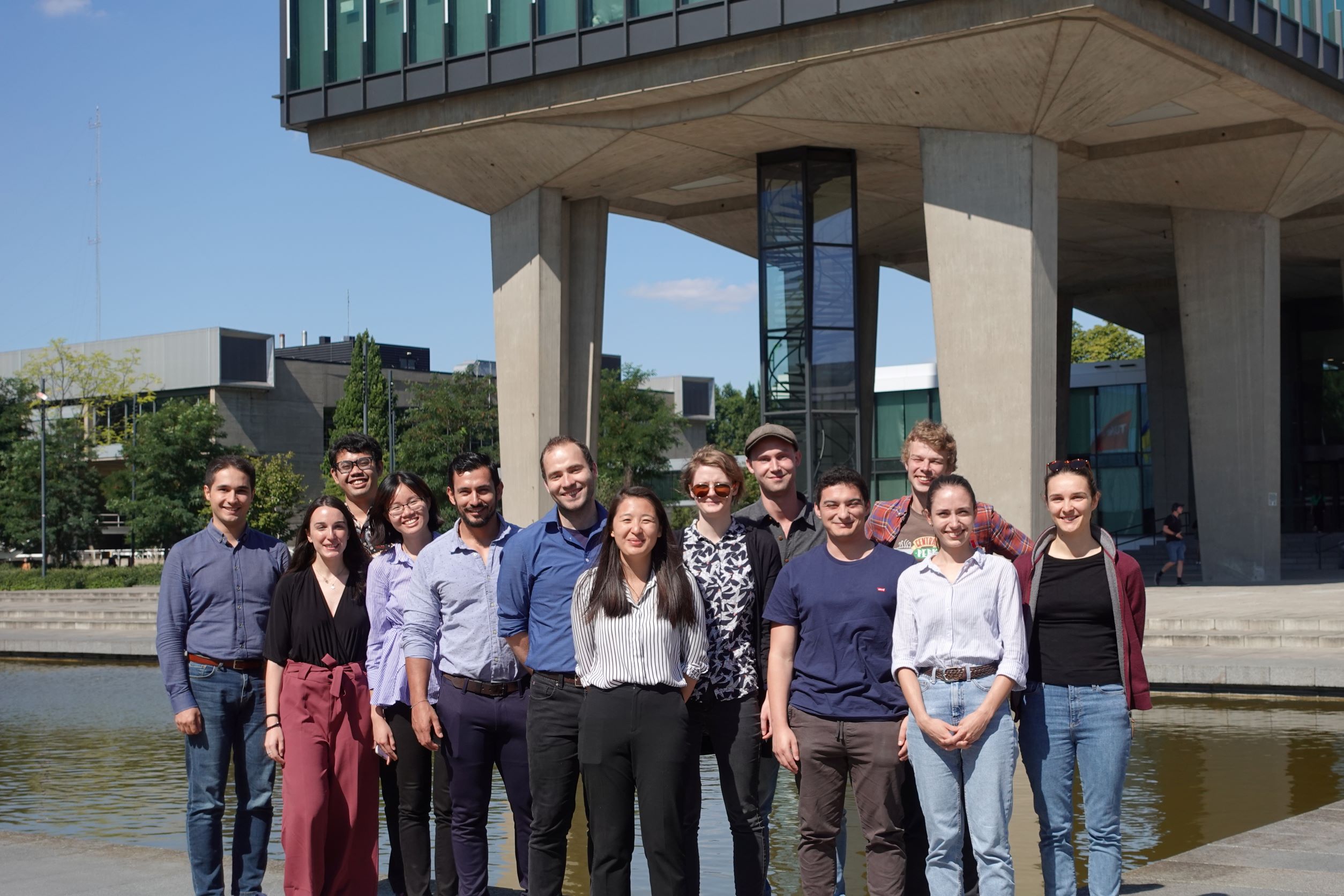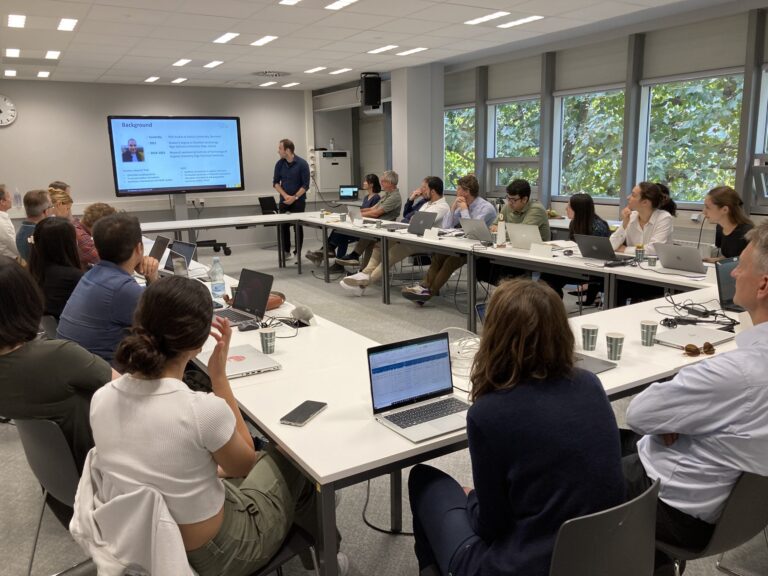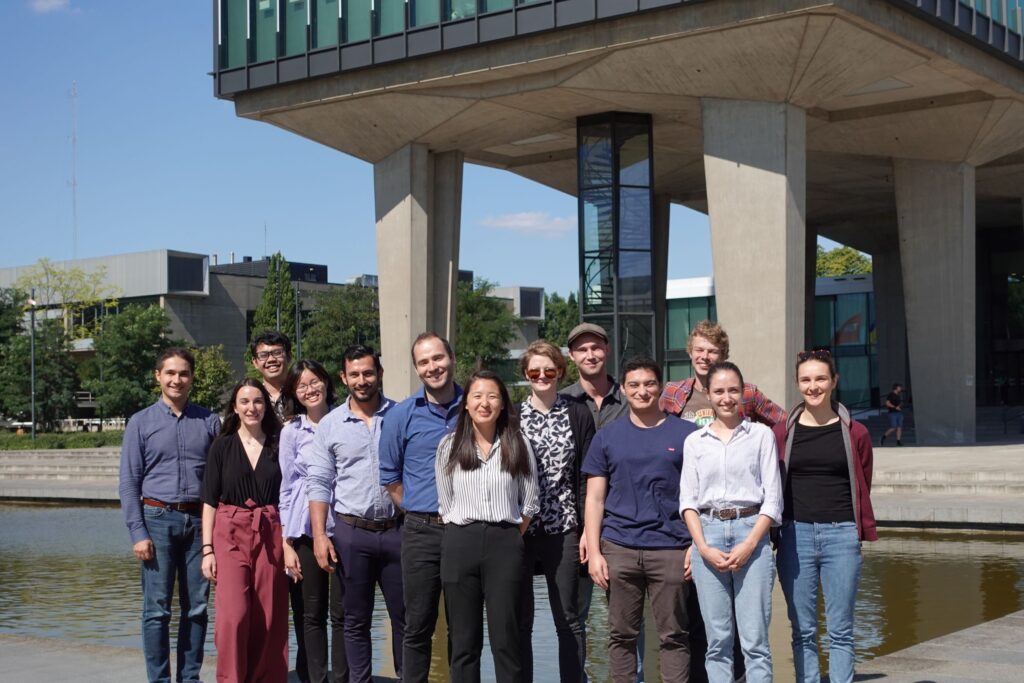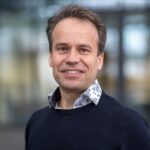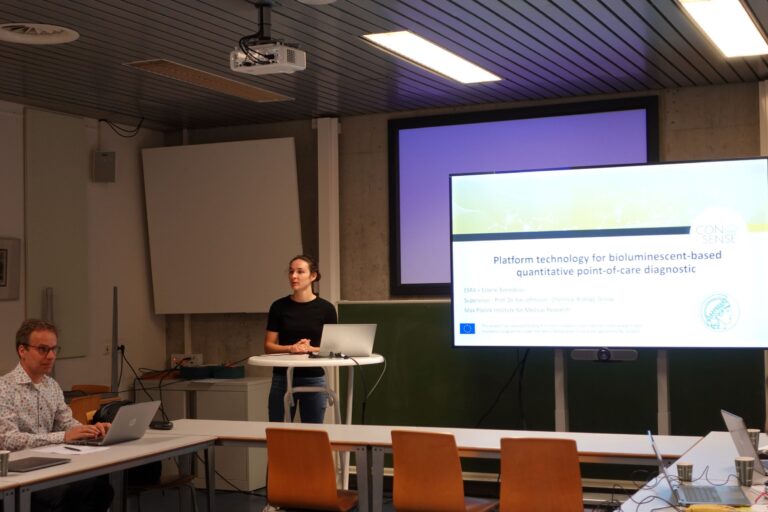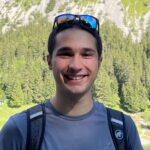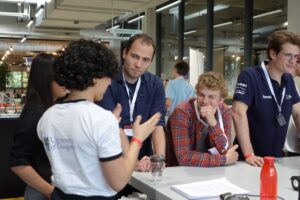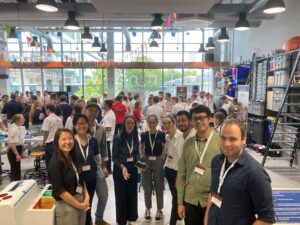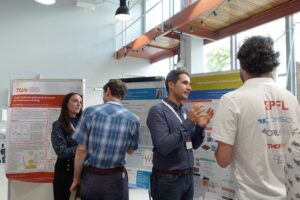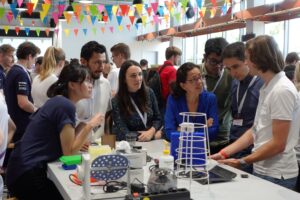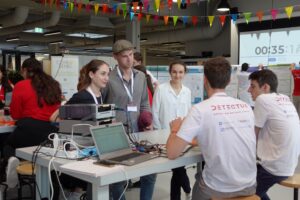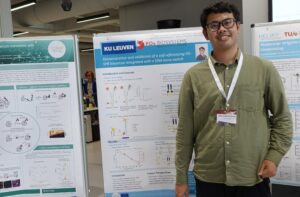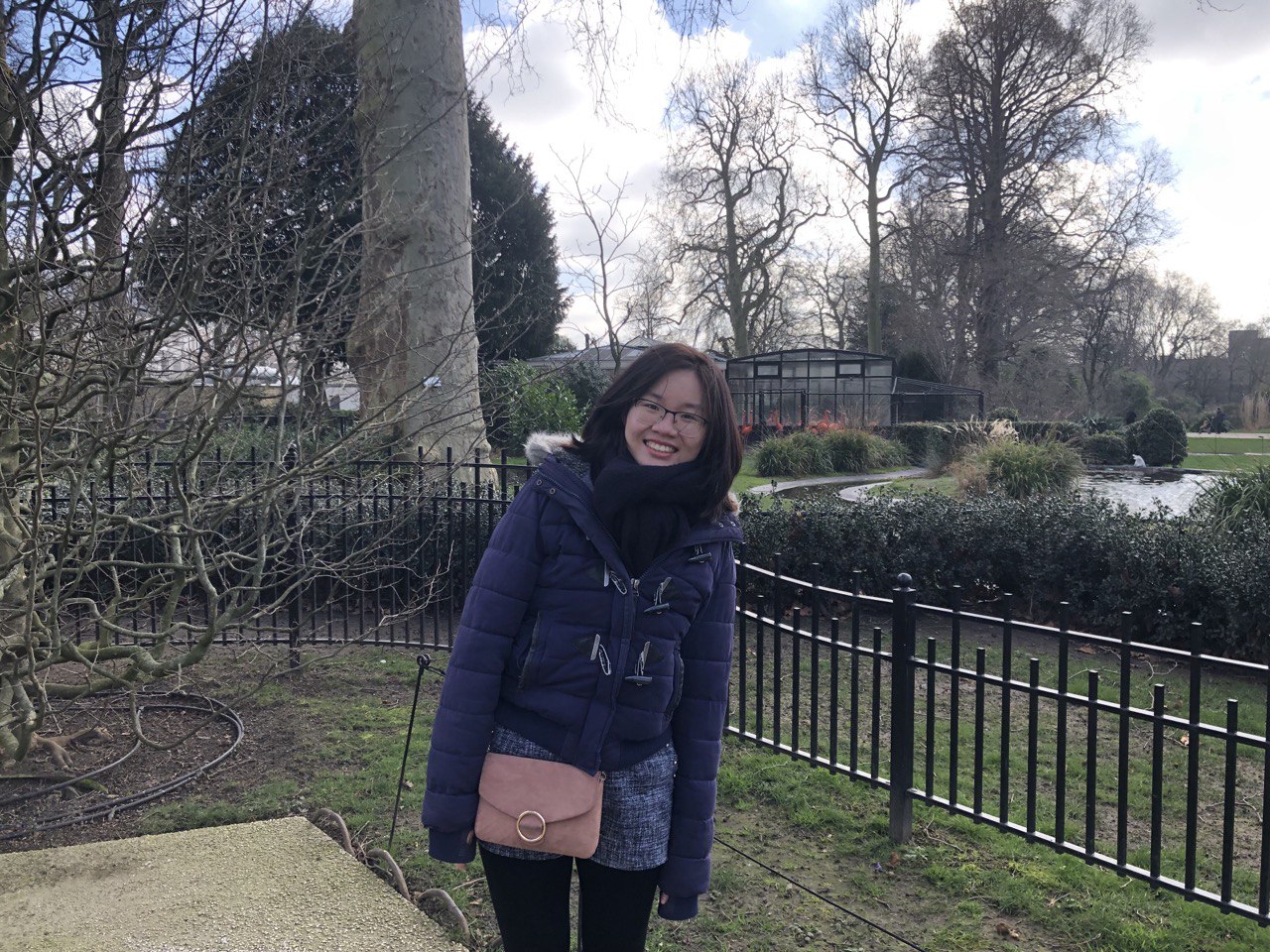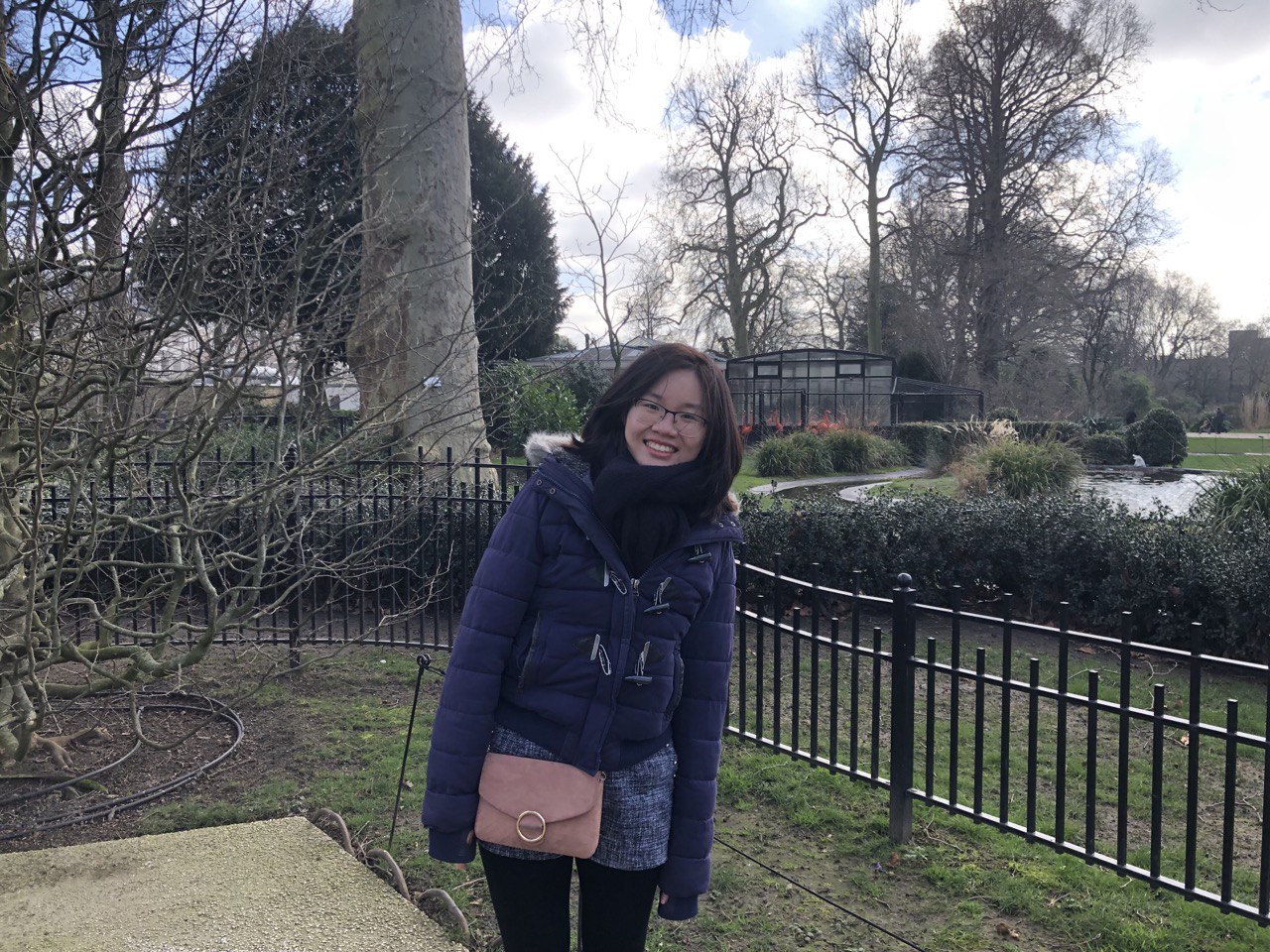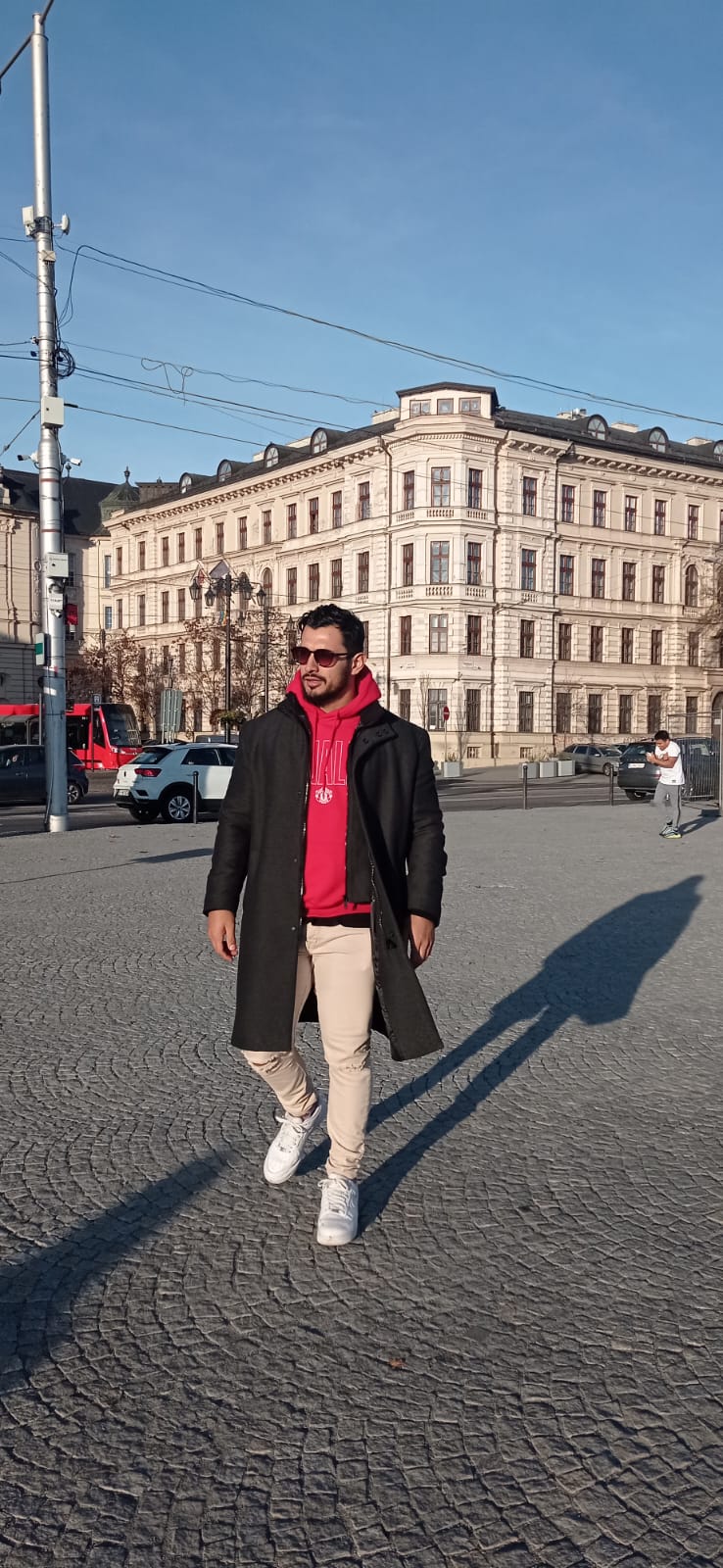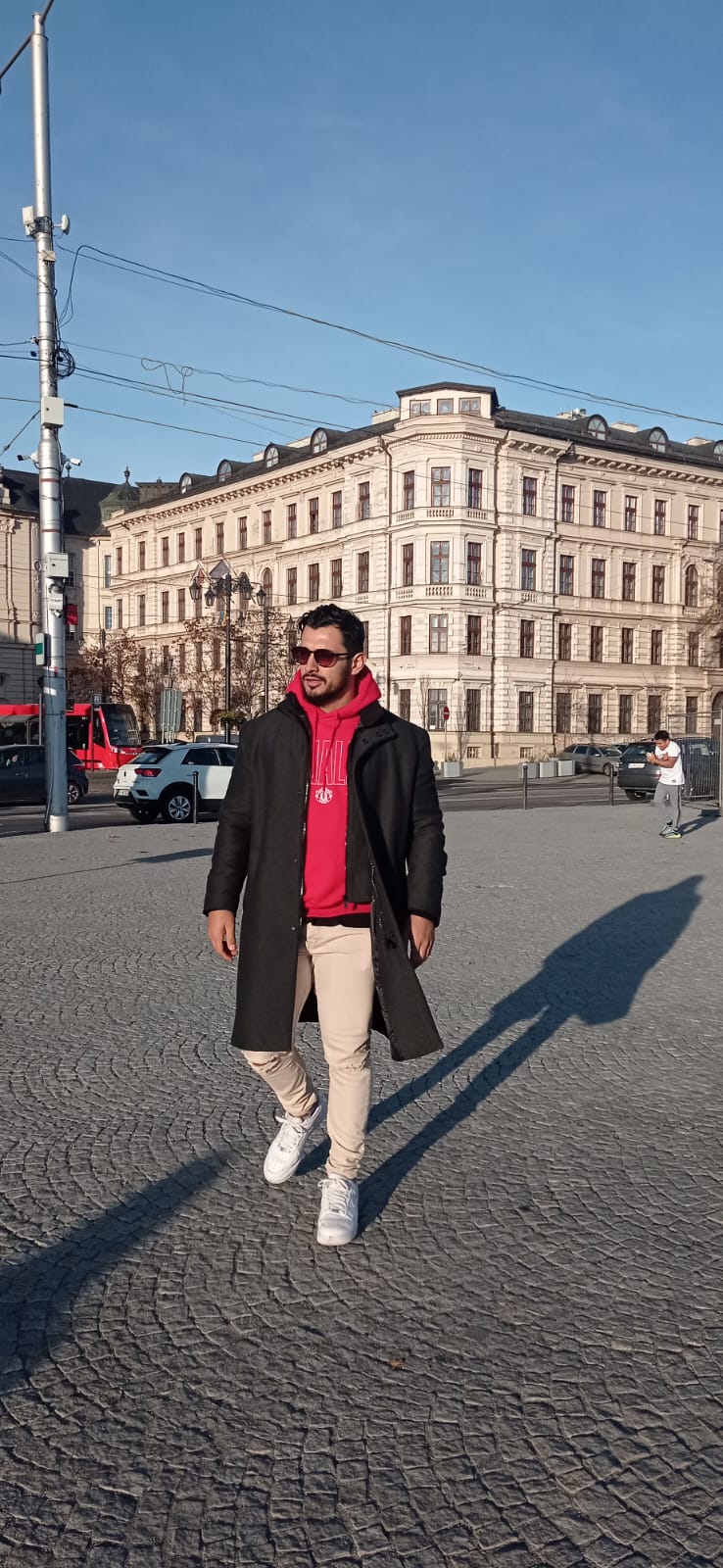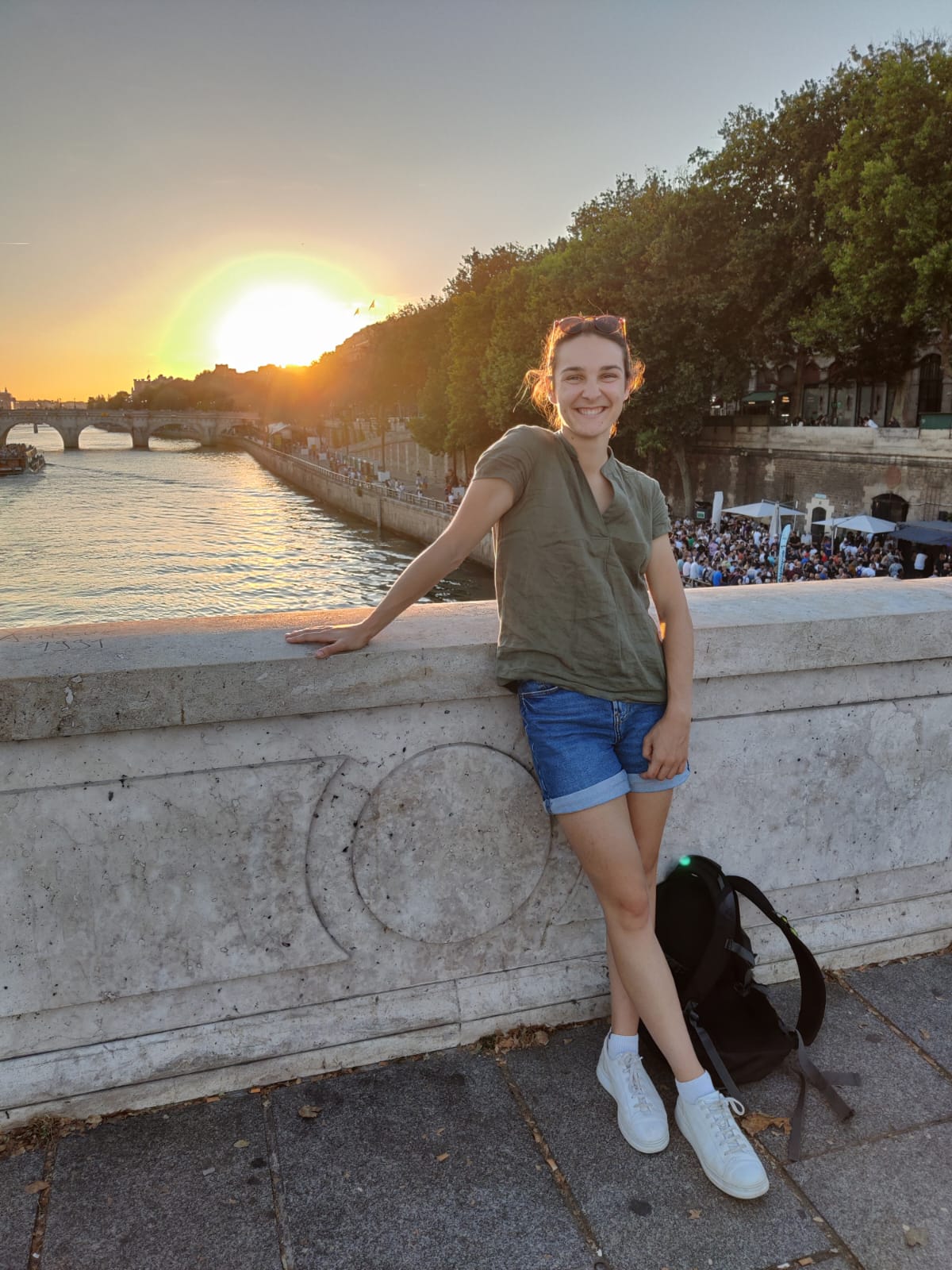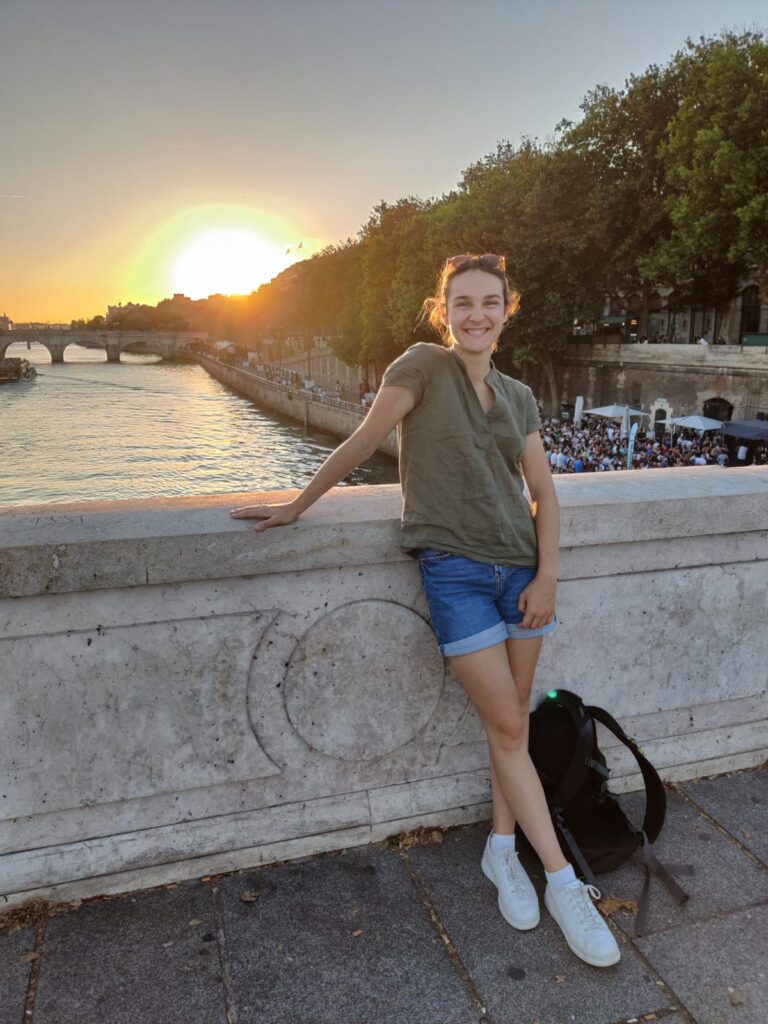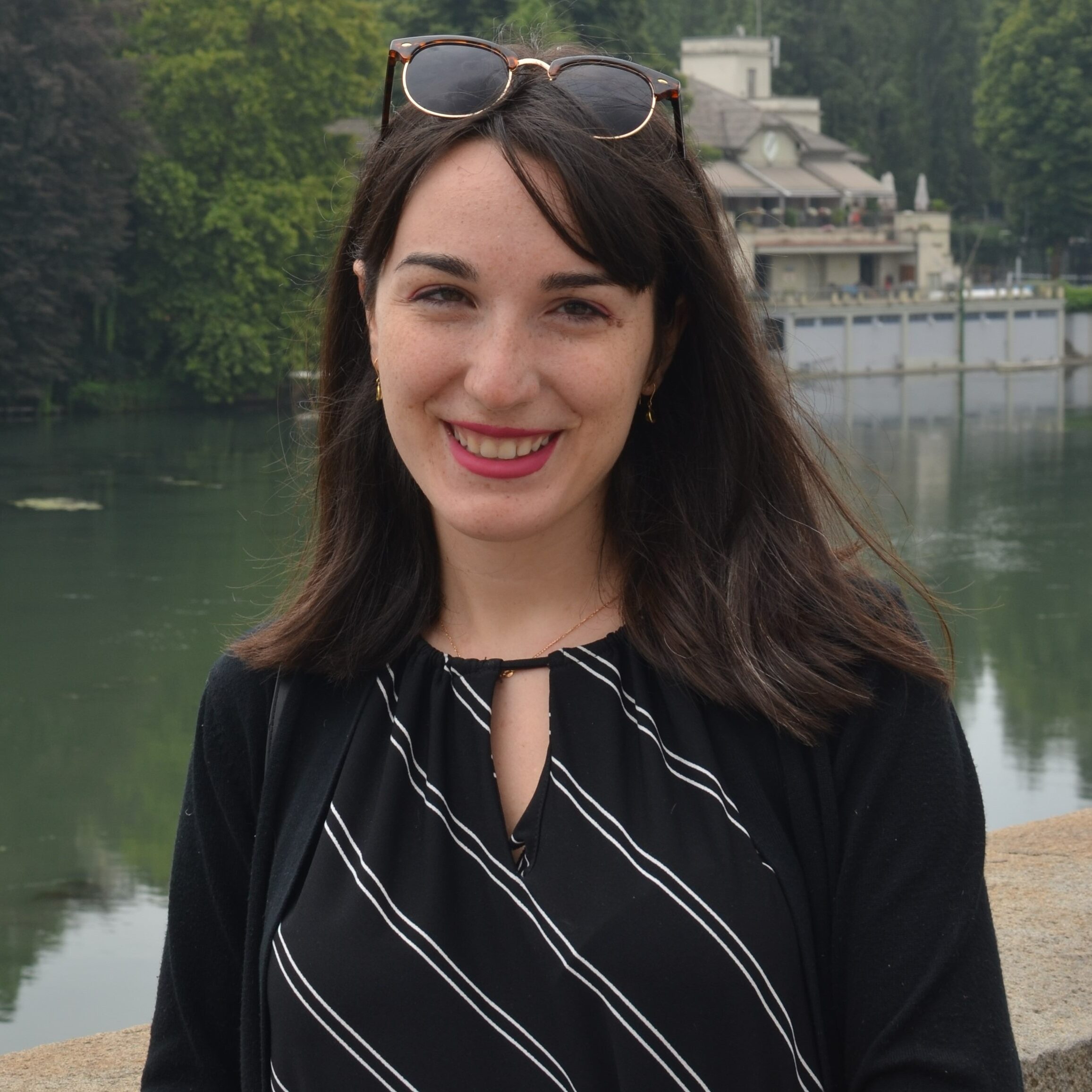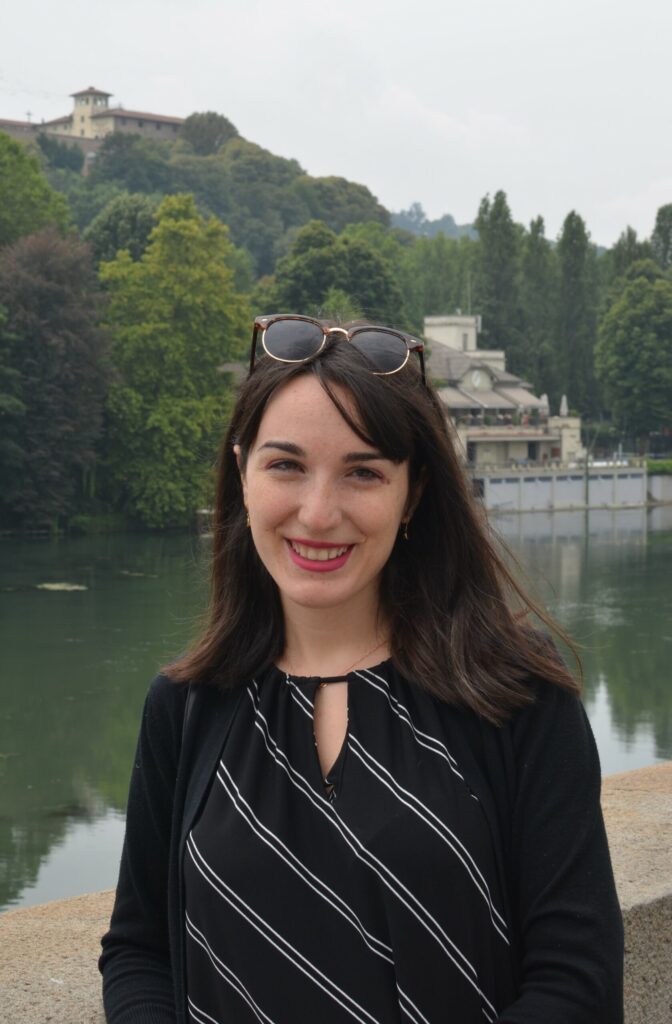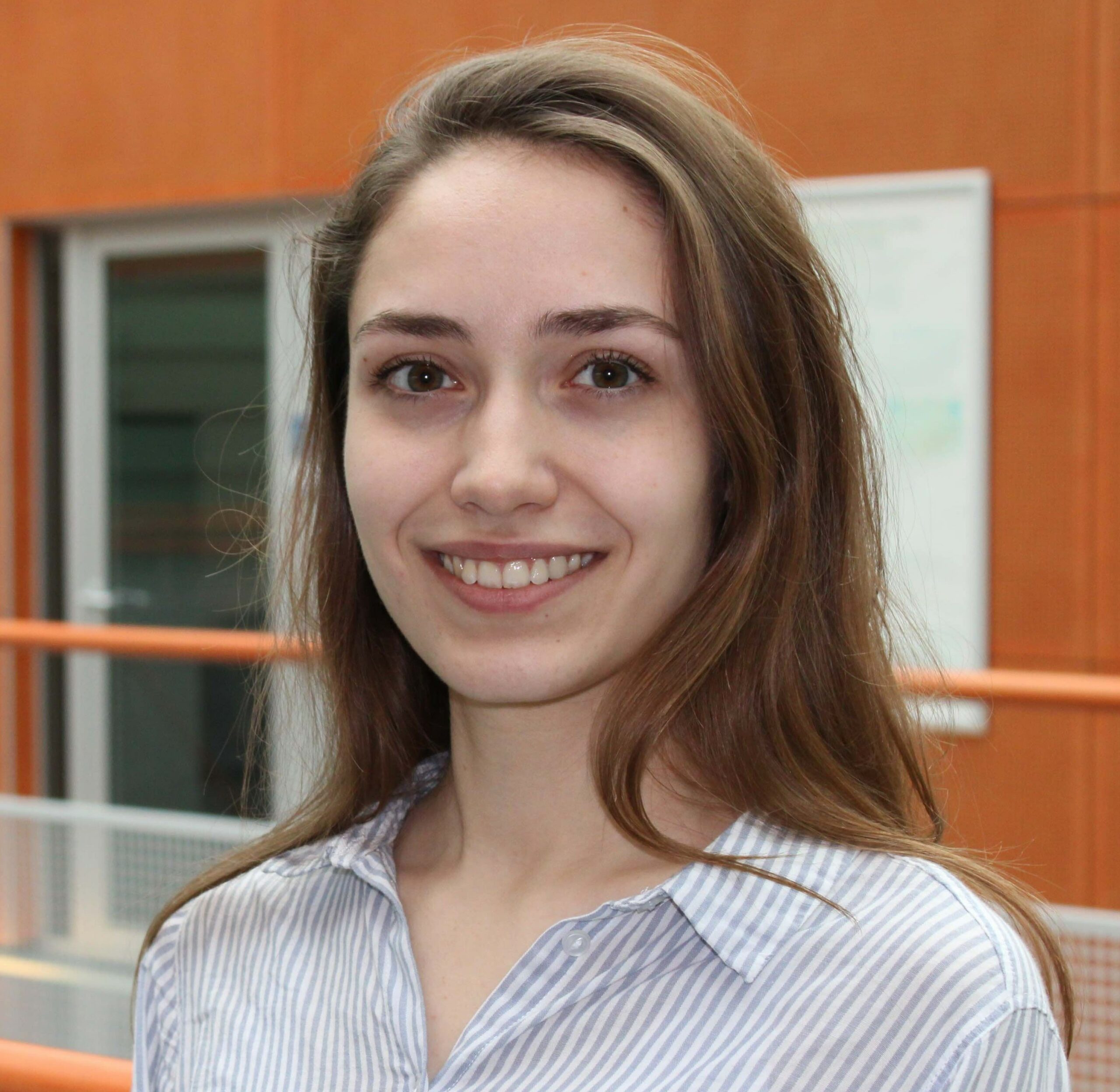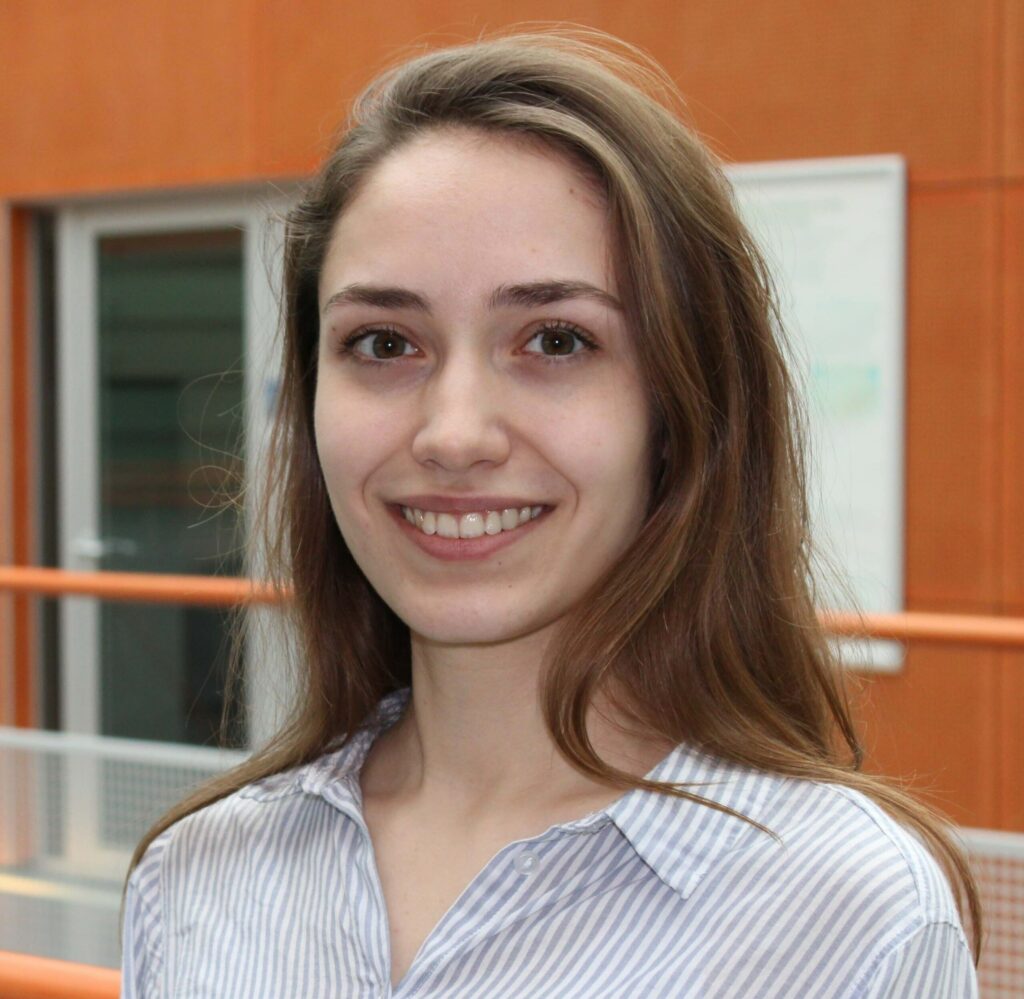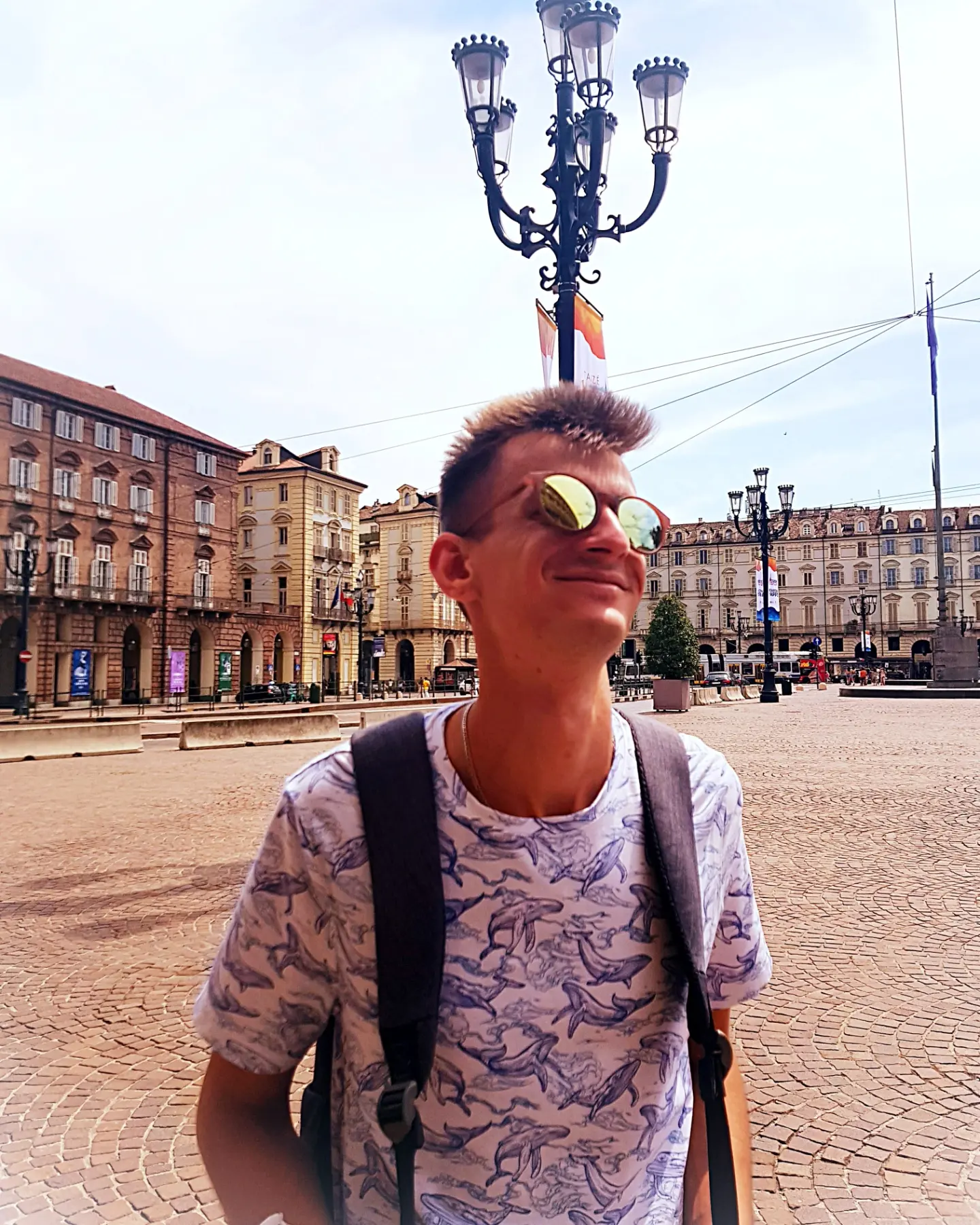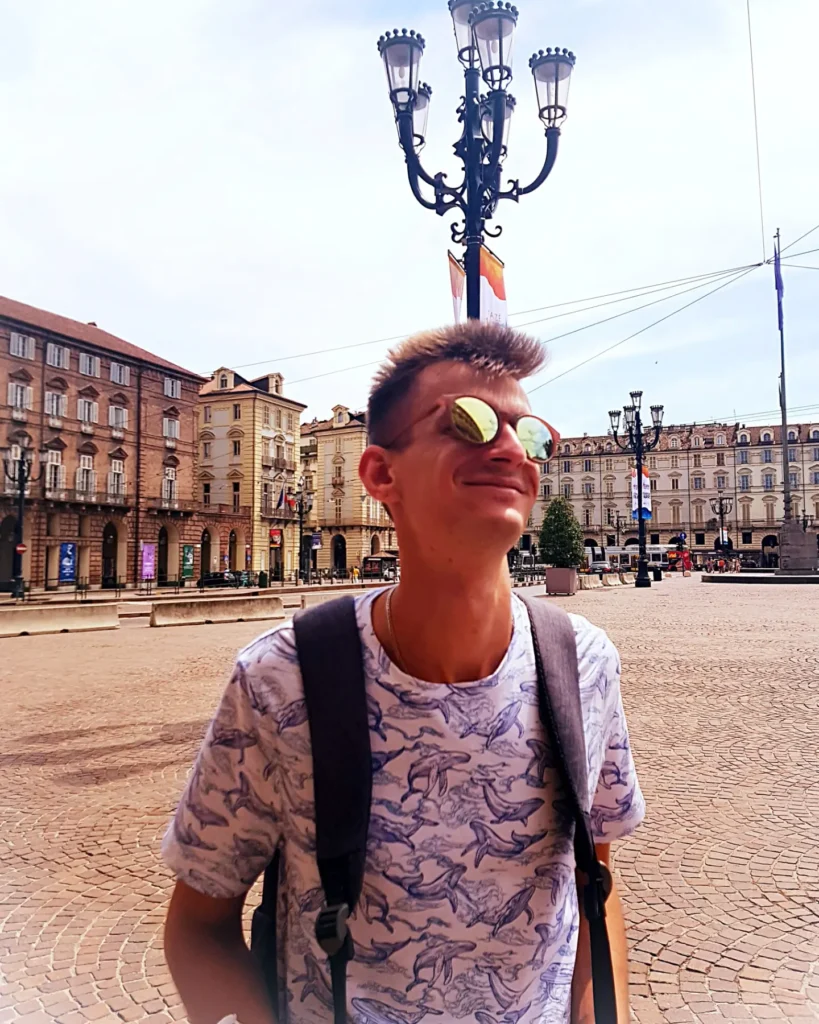The EU-funded Innovative Training Network (ITN) CONSENSE was funded under the H2020 MSCA call 2020.
The CONSENSE project is developing a new sensor technology suitable for measuring biomolecules important for monitoring disease status and treatment efficacy. A generic technology that enables continuous measurement of a wide range of biomolecular parameters could revolutionize patient monitoring and enable truly personalized therapy with better outcomes.
CONSENSE brings together internationally leading pioneers in biomolecular switch engineering with research groups that have an excellent track record in biosensor development using advanced optical approaches, including two high-tech companies that have spun out from these groups. The consortium is completed by a strong network of partner industries and organisations, including four large medical technology companies, clinical experts, and six SMEs providing specific technological expertise and training. The consortium will provide exceptional training to 15 ESRs, allowing them to develop professionally and perform world-class research that will fundamentally advance the field of continuous biomolecular monitoring for healthcare.
The consortium is already looking forward with great anticipation to the imminent start of the project and is excited to be contributing to an important research effort in biomolecular switch engineering together with a strong network of partner industries and organisations.
